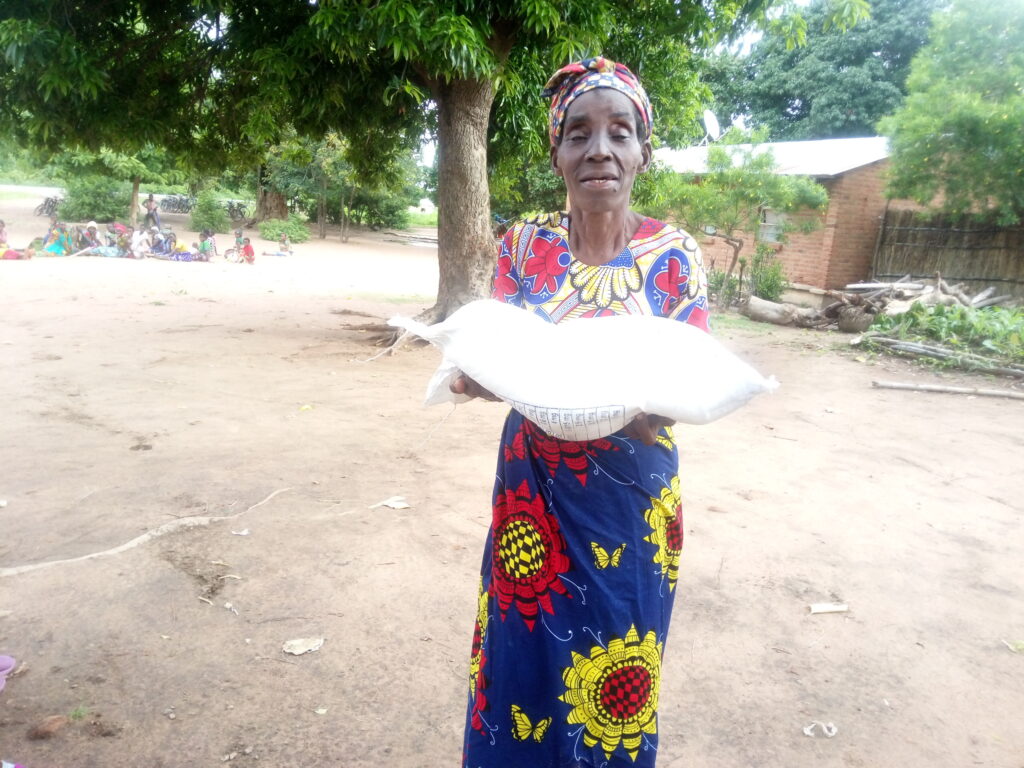Over the past five years, Malawi has experienced a decline in food production. For instance, in the 2020/2021 season, approximately 2,617,986 individuals in need of food relief were identified. Subsequently, staple food production has continued to decline, leading to an increase in the number of people facing food shortages, as reported in the Integrated Food Security Phase Classification report.
– 2021/2023: 1,496,394
– 2022/2023: 3,818,554
– 2023/2024: 4,402,000
– 2024/2025: 5,692,122
A primary contributing factor to food insecurity remains climate change that is negatively impacting rainfall patterns throughout the country. Notably, during the 2024/2025 season, climate change effects have resulted in the destruction of food crops across various southern African countries, including Mozambique, Zambia, and Malawi, among others.
In response to this crisis, Action for Progress, supported by The Malawi Project and its partners, has been distributing relief food to needy families across the country. Floness Moya, a resident of Machinga district, hails from a region that has been severely affected by hunger. She resides with her two sons and a granddaughter. To sustain their lives, they are compelled to collect Chitedze (wild growing fruit) daily, as this constitutes their sole source of sustenance.
“ In the face of severe hunger, my family and I endured immense hardships”, she says. “At one point, I feared for our lives due to the prolonged periods of starvation. The 2024 season will forever be etched in our memories as we diligently planted crops, only to be met with devastating consequences due to insufficient rainfall. Our crops withered and dried up, leaving us with no hope of sustenance.
During this dire situation, we found ourselves resorting to consuming Chitedze, a dish that we typically savor for its strength, despite its unappetizing taste. Our bodies had become weakened, unable to obtain the necessary nutrients from the meals that our friends were able to enjoy.
When Action for Progress received news of the worsening hunger crisis in Machinga, they responded with unwavering determination. The organization took immediate action to help the hunger survivors. Each survivor was generously provided with 10 kilograms of maize flour and six packets of rice meals, ensuring that they would have enough food for at least some days.
Floness expressed her profound gratitude for this unexpected blessing. She said, “God indeed surpasses our comprehension. I never imagined that one day I would receive food from well-wishers. Today, my children and I will have nourishment. I am incredibly grateful for this divine intervention, and it feels like a dream that I do not want to wake up from.”

